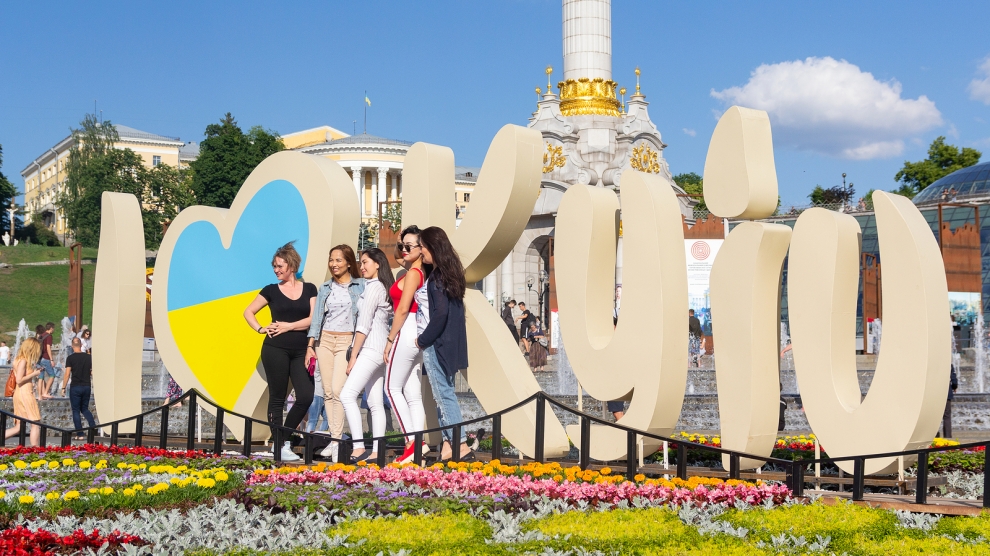A selection of articles about emerging Europe published elsewhere this week, all of which caught our eye and all of which are well worth your time. Listing them here, however, does not necessarily mean that we agree with every word, nor do they necessarily reflect Emerging Europe’s editorial policy.
Poland’s nationalist government says it is spending big to improve the everyday lives of regular Poles. Doctors, however, beg to differ.
—
Why Ukraine’s new president is no actor: he had to pretend to be an actor in order to be elected president, according to Oleksiy Radynski in the New Socialist.
—
How might the election of Gitanas Nausėda as president affect Lithuania’s foreign policy? Dainius Genys looks at the possible implications.
—
Chernobyl was not a failure of technology. It was the failure of collectivism and its blind trust in the authority of the state, claims Bill Wirtz at the Foundation for Economic Education.
—
The museum of the Warsaw ghetto is not due to open for several years, but is already shaping up to be one of the most contentious museums in Europe. Backed by Poland’s populist government, which has been accused of rewriting history to fit its political agenda, the museum has caused a bitter spat between historians of the Holocaust about how best to tell the tragic story of Warsaw’s Jews.
—
Europe must stop Viktor Orbán dismantling democracy. The Hungarian prime minister is consolidating his illiberal regime – with the help of European Union funding, writes Timothy Garton-Ash in the Guardian.
—
Last week the United States Board on Geographic Names (USGS) considered the appeal of the Ambassador of Ukraine to the United States and replaced “Kiev” with “Kyiv”, as the correct spelling for the capital of Ukraine. So, Kyiv or Kiev? Why does it matter so much to Ukrainians?
—
Can China broker the resolution of the Armenia-Azerbaijan conflict? China’s expanding economic ties with the two sides of the Nagorno-Karabakh conflict give Beijing important leverage to push for quick resolution.
—
Will the European Games help Belarus emerge from the shadow of its human rights record?

